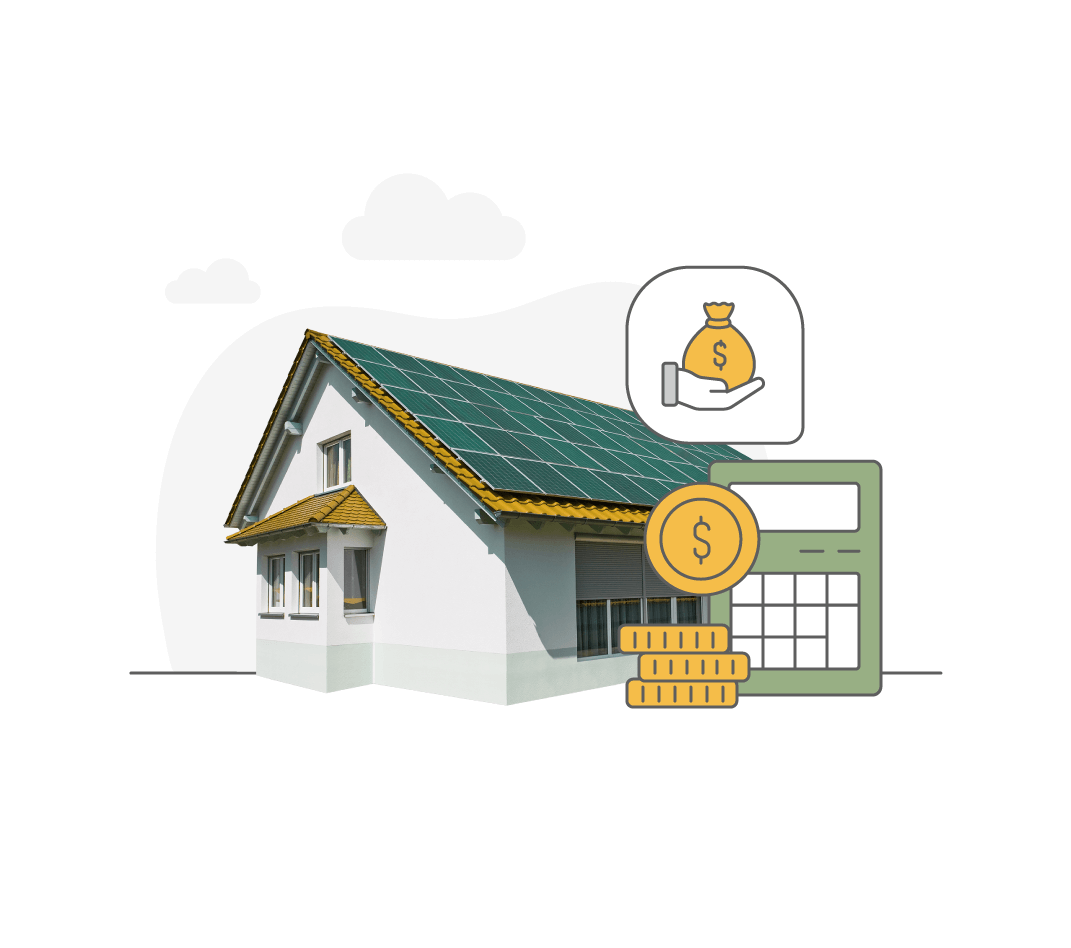How to Get a Solar Panel Tax Credit in Texas
If you’ve been thinking about turning your home into a green energy powerhouse, there’s no better moment than now. Imagine cutting down your electricity bills while contributing to a cleaner planet—sounds like a win-win, right?
The great news is that both federal and state governments offer incentives to make going green not just a noble endeavor but a financially smart one too. From federal Investment Tax Credits (ITC) to Texas-specific perks like net metering and property tax exemptions, there are a few opportunities to save money while saving the planet.
But how does the solar tax credit work? And how can you, a Texas homeowner, take full advantage of them?
That’s exactly what this comprehensive guide aims to unpack. We’ll explore everything you need to know about securing a solar panel tax credit in Texas, from the environmental impact and financial benefits to the nitty-gritty of tax forms and eligibility criteria.
So, grab a notepad (or open a new digital note) because you’ll want to jot down these tips for maximizing your solar investment in the Lone Star State.
The importance of solar energy
When most people hear the term “solar energy,” they think of sustainability and environmental protection—and rightly so. Solar power is more than just a fad or an eco-friendly slogan; it’s a tangible force for good that can impact our planet.
Renewable energy isn’t just about being green—it’s also a financial decision that can help protect you from rising energy costs, thanks to the Inflation Reduction Act, which aims to reduce dependency on imported oil and encourages domestic renewable energy production.
Here are a few of the main points to consider when thinking about the importance of solar energy.
Environmental benefits
Solar panels are a significant source of renewable energy, providing an alternative to fossil fuels like coal and natural gas. By installing a solar power system, you reduce greenhouse gas emissions and combat climate change.
Traditional energy production methods are known for releasing harmful gasses into the atmosphere, contributing to global warming. Switching to residential solar energy isn’t merely an individual choice; it’s a collective step toward a greener, healthier planet.
Economic benefits
As the saying goes, “It takes money to make money,” and in this case, an investment in solar panels can provide a fantastic return. The upfront costs of solar equipment from a reputable solar company might seem steep, but when you factor in the solar panel tax credit and other incentives, the total cost becomes much more manageable.
Plus, with battery storage, you can store excess energy even when the sun isn’t shining, reducing your electricity bills. Over time, these savings add up, and you’ll be protected from the inflationary trends affecting conventional energy costs.
The role of legislation: Inflation Reduction Act
We can’t talk about solar energy without mentioning government initiatives to make renewable energy more accessible. The Inflation Reduction Act is one such legislation that encourages the use of energy-efficient technologies.
The act aims to control inflation and make energy more affordable for all by reducing dependency on imported oil and encouraging domestic renewable energy production. This helps us all have better access to future energy efficiency at home and a move towards greener initiatives for the country’s future.
Federal solar tax credit: Investment Tax Credit (ITC)
The federal solar tax credit, officially known as the Investment Tax Credit (ITC), is a federal incentive that can take a considerable chunk off the financial burden of installing a solar PV system.
How considerable, you ask? Try 30% of the total cost of your solar installation, including labor costs, solar equipment, and any additional elements like inverters and battery storage.
This deduction applies directly to your federal income tax liability, helping you keep more money in your pocket. If you can’t utilize the entire credit in one year, don’t worry—this credit can be rolled over to the following year.
Here are some of the benefits of the ITC:
- Immediate cost reduction. The ITC essentially amounts to a 30% discount on your solar installation. Imagine walking into a solar company showroom and seeing every price tag slashed by nearly a third—that’s what the ITC does for you.
- Flexibility. The ITC is not a use-it-or-lose-it deal. You can carry any unused credits forward to reduce your federal income tax in the following year. This flexibility is especially handy if your tax liability for the current year is lower than the credit you’ve earned.
- Boosts home value. Solar panels are a home improvement that can significantly increase the resale value of your property. The ITC makes this upgrade even more appealing by reducing the initial costs, enabling you to recoup your investment if you decide to sell your home in the future.
- Encourages renewable energy adoption. By making solar installations more affordable, the ITC also encourages broader adoption of renewable energy. The credit serves as a catalyst, driving demand and helping scale the residential solar energy market.
- Eligibility for other incentives. The federal ITC can be stacked with other state and local incentives, like those available in Texas, for even more significant savings. You can double dip into savings pools to get the most bang for your buck.
Incentives of solar energy
If you’re a Texan, you’re likely familiar with the phrase “everything’s bigger in Texas.” While that might be true for our hats, boots, and BBQ, you might be wondering if it also applies to solar incentives. Well, while Texas might not have a state-wide solar tax credit, it still offers several tempting opportunities to make solar energy more affordable and appealing.
Here are some incentives to be aware of:
- Local rebates and incentives. Don’t overlook your local utilities and municipalities. They often offer rebates that can reduce the initial cost of your solar panel installation. Some of these programs offer sizable financial rewards, and you can even combine them with the federal Solar Investment Tax Credit (ITC) to maximize your savings. Just remember, these programs can change from year to year, so it’s advisable to consult a tax professional to get the scoop for next year.
- Property tax exemption. Ah, yes, taxes—the inevitable fact of life. But here’s a silver lining: Texas provides property tax exemptions for homeowners who install solar panels. This means the added value of a solar energy system to your home won’t increase your property tax bill. Pair this with the federal ITC, and you’ve got a financial win-win.
- Net metering. Texas doesn’t mandate net metering at the state level, but many utility companies offer some form of it. Net metering allows you to sell excess electricity you generate back to the grid, basically turning your home into a mini-power station. This can be especially helpful during those hot summer days when your panels produce more kilowatt-hours than you can use.
- The value of layering incentives. Don’t underestimate the power of layering federal and state incentives. Not only can you reduce your initial investment costs, but you can also lower your long-term energy bills.
Eligibility criteria
When it comes to eligibility for both federal and Texas state tax incentives, the type of solar energy system you install plays a crucial role. Generally speaking, both solar photovoltaic systems and traditional solar panel systems qualify.
Before moving forward with your solar project, consult a tax professional to make sure your chosen system meets the criteria for the federal Investment Tax Credit and any state-specific solar incentives. Check out this page from The Department of Energy for the most up-to-date qualifying criteria and FAQs.
How to apply for solar tax credits in Texas
To apply for solar tax credits in Texas, you’ll primarily need IRS Form 5695 for the federal credit, which you attach to your federal tax return. For state-level incentives, visit the Texas Comptroller’s website for any necessary documentation.
If you find tax forms daunting, consider consulting a tax professional to ensure you’re maximizing your residential clean energy credit. Keep an eye on deadlines to make the most of these financial incentives.
Calculating your tax credit amount
Calculating your energy tax credit involves three main costs: system cost, installation, and labor. Add these together to get your total project expenditure. The federal Investment Tax Credit (ITC) lets you claim up to 30% of this total cost against your federal income tax.
This credit can slash your tax bill and boost your tax refund if you’ve overpaid taxes throughout the year. Always consult a tax professional to get the numbers spot-on.
Additional benefits: Sales tax and property tax exemptions
As mentioned earlier in this article, Texas sweetens the solar deal with more than just solar panel tax credits. Homeowners can also benefit from sales tax and property tax exemptions specifically for solar equipment.
Utility company incentives and net metering
As mentioned earlier in this article, several Texas utility companies offer additional incentives for installing a solar power system. Net metering is one of the most popular perks, which lets you sell excess energy back to the grid. Check with your local utility company to see what incentives they may have.
Solar panel tax credit FAQs
Here are some common solar panel tax questions and answers.
What is the 2023 federal solar tax credit?
The 2023 federal solar tax credit allows taxpayers to deduct 30% of the cost of installing a solar energy system from their federal tax return.
How does the solar 26% tax credit work?
Although the tax credit was 30% in previous years, it’s set to decrease to 26% in 2033. This applies to the original installation cost, including labor and solar equipment. Be sure to take advantage of the peak savings while they last.
Do you get a tax refund from the solar tax credit?
The solar tax credit is designed to reduce your federal tax liability, meaning it lowers the amount you owe in taxes. If you’ve already paid more withheld taxes than you owe after the credit is applied, then you’ll receive the difference as a tax refund.
What are the benefits of solar tax credit?
- Reduces overall cost of solar panel installation
- Encourages adoption of renewable energy sources
- Allows for rollover of unused credit to the next tax year
- Decreases individual and collective carbon footprint
Maximize your solar investment with affordable electricity from Payless Power
Supercharge your solar savings by teaming up with Payless Power, a leading electricity provider in Texas renowned for its affordable and flexible electricity plans.
By complementing your solar panel installation with a Payless Power plan, you’re doubling down on your commitment to both the environment and your wallet. This strategic pairing allows you to maximize the financial benefits of your solar investment, making renewable energy even more affordable and accessible.
Don’t just stop at solar; make your energy even more affordable. Visit Payless Power’s Enrollment Page to discover electricity plans tailored to enhance your solar investment and catapult you into a sustainable, energy-efficient future.
What our customers are saying
See why our power customers say we're the best electricity provider in Texas!
I was worried about getting electricity for my home through a prepaid company. I was calling around to see different rates then going through all the hassle of credit checks while dropping points each…
I have been with this company for several years and have been very happy since. Even when I moved, they made my usually stressful situation very easy and carefree. I recommend them to everyone that I…
I have enjoyed the service for 2 years now. In the beginning this service was planned to be temporary but with the service being so effective for me i decided to keep it for the long haul. I’m a happy customer.








